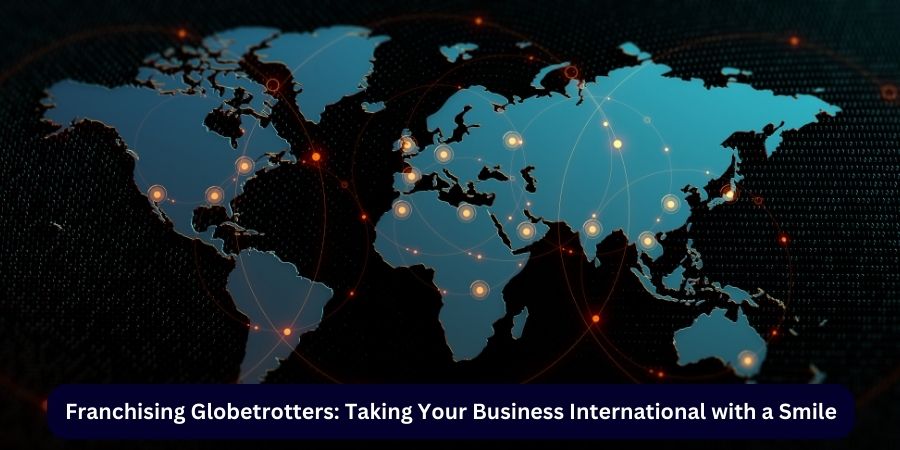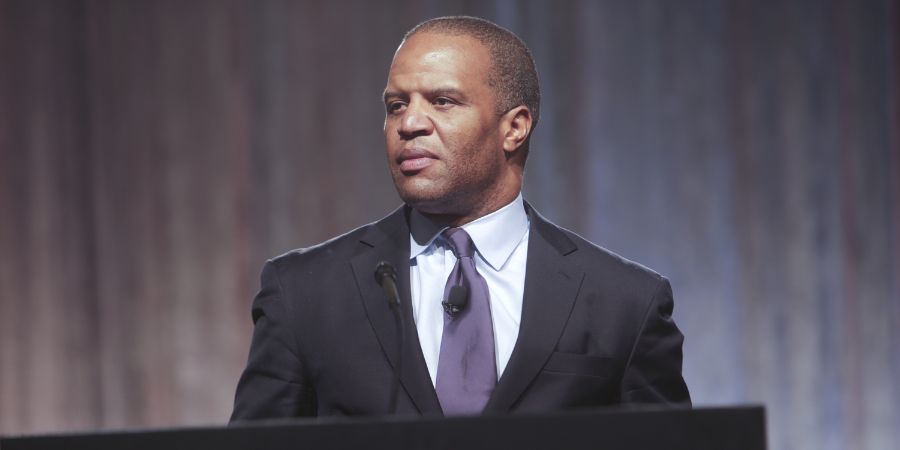Ever thought about taking your local business on a world tour? Franchising might just be your ticket to global stardom—or at least to international business success. Picture your brand on the bustling streets of Paris or the vibrant markets of Tokyo. Sounds exciting, right? Well, strap in as we explore the ins and outs of franchising in the international business arena, where the stakes are high but the rewards are higher.
What is International Franchising?
International franchising is like sending your business’s more successful sibling to go study abroad and show off just how awesome your family recipe, fitness regime, or fashion sense really is. Essentially, it involves a business (the franchisor) granting someone in another country (the franchisee) the rights to use its trademark and business model. It’s a fast-track to expanding your business’s footprint without having to manage every overseas outlet directly.
Why Franchise Internationally?
- Broader Horizons: Expanding internationally through franchising allows you to tap into new markets with diverse customer bases. Think about it as diversifying your friend circle—you meet all sorts of interesting characters you wouldn’t have otherwise.
- Cultural Leverage: Local franchisees bring local know-how. They understand the local humor, what the locals love to eat, and how they communicate. This means they can make your brand resonate on a local level without the awkwardness of a foreign faux pas.
- Cost Efficiency: Rather than setting up shop yourself, which includes fun activities like deciphering foreign tax laws and hiring a new team, franchising lets you outsource these delights to someone who probably has a better handle on them.
How to Franchise Your Business Internationally?
- Market Research is Your New Best Friend: Before you start dreaming of foreign signages, get to know your potential markets. Are they ready for your product? Will your business model translate well? Or will it flop like a badly dubbed TV show? Understanding market needs and consumer behavior is crucial.
- Legal Eagles Needed: Different countries, different rules. Navigating the legal maze of international business requires some savvy lawyering. From franchise agreements to trademark registrations, make sure your legal bases are covered.
- Finding the Right Partner: This is like dating, but for business. You want a franchisee who doesn’t just bring capital to the table but also understands the local market and shares your business vision. And, ideally, someone who doesn’t mind your 2 AM panic calls about inventory or marketing strategies.
- Cultural Adaptation: One size does not fit all when it comes to international markets. Be ready to tweak your business model. Whether it’s adjusting your product flavors or modifying your marketing campaigns, flexibility is your friend.
- Support Systems: Provide consistent support to your franchisees. Remember, they’re part of your brand’s family now. Regular training, updates, and communication can help maintain your brand’s integrity and quality overseas.
Common Pitfalls in International Franchising
- Underestimating Cultural Differences: Never assume what works domestically will work globally. Cultural blunders can range from humorous to disastrous. Always do your homework—or risk becoming a cautionary tale in a business school case study.
- Inadequate Franchisee Support: Abandoning your franchisees is like sending kids on a road trip without a map. Bad idea. They need guidance, support, and perhaps a reassuring pat on the back now and then.
- Legal Oversights: Missing a legal fine print might not just cost you a bit of money; it could jeopardize your entire operation abroad. Dot those I’s and cross those T’s!
Wrapping It Up with a Global Bow
Franchising internationally isn’t just about cloning your business in different geographies. It’s about strategically adapting and growing your brand in vibrant new markets. It requires understanding, adaptation, and a good dose of humor because, let’s face it, sometimes you’ll find yourself lost in translation.







